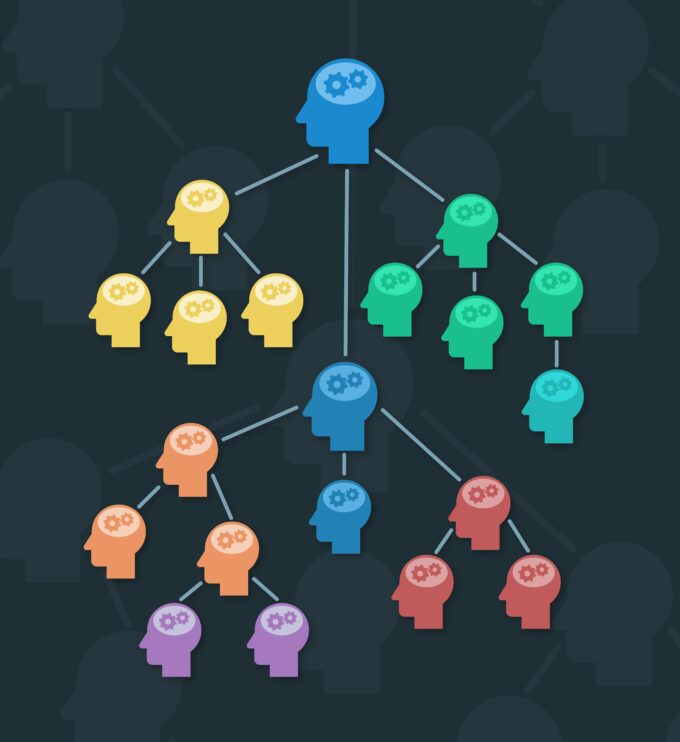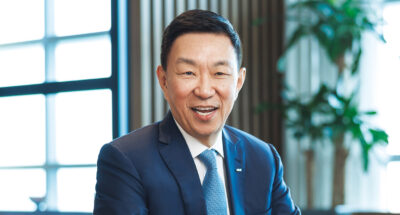For more than 130 years, Swiss bank Julius Baer has served as a financial advisor and wealth management organization. In 2017, the bank underwent a drastic change after its CEO of ten years unexpectedly stepped down. During the preceding decade, the bank had undertaken a myriad of mergers and acquisitions and introduced a new advisory model that centralized investment decisions, rather than leaving them to the discretion of relationship managers. With a new leader at the helm, the organization started to explore how to integrate the different cultures it had acquired into a coherent, united business fit for the digital age.
Julius Baer’s senior leaders quickly realized that its workforce would be the facet of the business most heavily impacted by such a transformation, but also that it would be the key to unleashing the organization’s full potential. However, the bank’s employees needed to feel sufficiently empowered to take on the challenges they faced and to feel they were growing with the company. This required a new business culture.
To this end, in 2018 Julius Baer globally launched the Team Leader Program (TLP), which was designed to reposition the existing leadership training program as an empowerment initiative. The program, which is still going strong, combines face-to-face classes with six months of online learning and covers topics including industry trends, psychological bias, and new tools for managers.
From the start, the TLP was oversubscribed, and, to date, has reached around 750 of Julius Baer’s managers across departments and regions. The success of the program has encouraged the bank’s Learning and Leadership Development team to expand it to more senior roles. This has led to the creation of two new programs: one, for senior executives, and another, for the top leaders of functions and core business units.
Part of the TLP training involves encouraging and preparing line managers to become “leaders of leaders,” empowering themselves and others. Giving employees the agency to make their own decisions eliminates bottlenecks and makes all dependent processes more efficient. This new level of autonomy also makes space for innovation, feeding into growth. Moreover, the empowerment process fosters a sense of trust between managers and their teams, strengthening collaboration and teamwork.
What does ‘empowerment’ mean?
In the context of organizational design, empowerment is an inclusive strategy for bringing individuals into the decision-making process, offering them participatory roles that capitalize on their specific expertise and judgment. Empowerment should clarify their decision-making authority, increasing their sense of individual worth, and fueling their commitment to the organization.
Julius Baer’s TLP makes managers aware of these empowerment principles, helping them to start thinking about how best to empower each of their team members, based on the individual’s current level and growth aspirations and to reflect on their own growth and empowerment.
Empowerment unlocks leadership skills and innovation
Empowerment is often mislabeled as simple delegation. But, of course, tasks may be delegated without any empowerment, leading to a situation whereby employees feel simultaneously micromanaged and overburdened – and, inevitably, increasing the probability that they will start to look for an alternative position.
Delegation with empowerment, in contrast, enables employees to make their own decisions within the scope of the tasks to which their managers have assigned them. This increases their sense of self-worth while honing their decision-making skills, cutting bureaucracy and instilling a positive accountability mindset.






